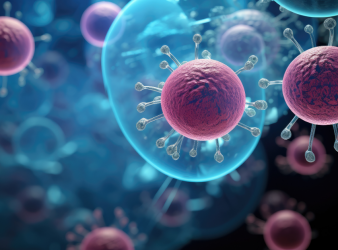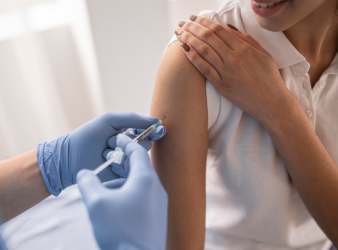
Author: Rachel Paul
Social media is the only area that allows you to compare yourself to others as.
New research has discovered promising steps toward better understanding of antimicrobial resistance (AMR), particularly in.
The cold, flu, and COVID-19 season brings the now-familiar ritual of swabbing, waiting, and looking.
Researchers at UT Southwestern Medical Center have devised a new technique in animal models for.
Our bodies often require weeks after receiving a COVID immunization to establish protective antibody responses..
In a recent study published in the journal Foods, researchers analyzed saponin extracts from asparagus.
The heart, which pumps over 100,000 times per day, is a vital muscle that transports.
Explore the connection between Gabapentinoids and severe COPD exacerbation A population-based cohort study of almost.
Researchers analyzed current breakthroughs in artificial intelligence (AI) technologies for treating hypertension (HTN) and associated.
The frequency and prognosis of newly diagnosed atrial fibrillation (AF) in patients hospitalized with severe.








